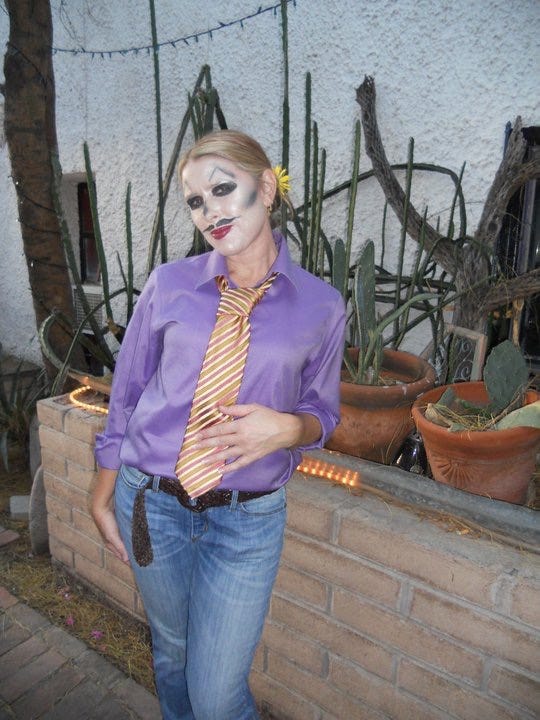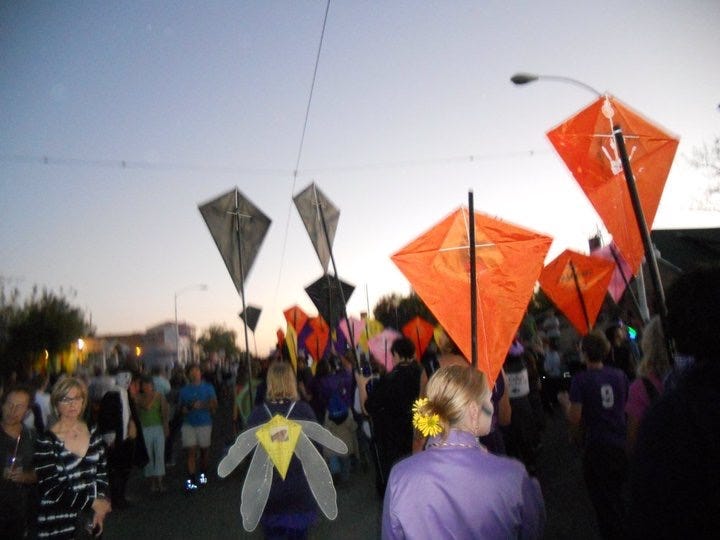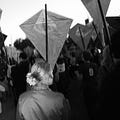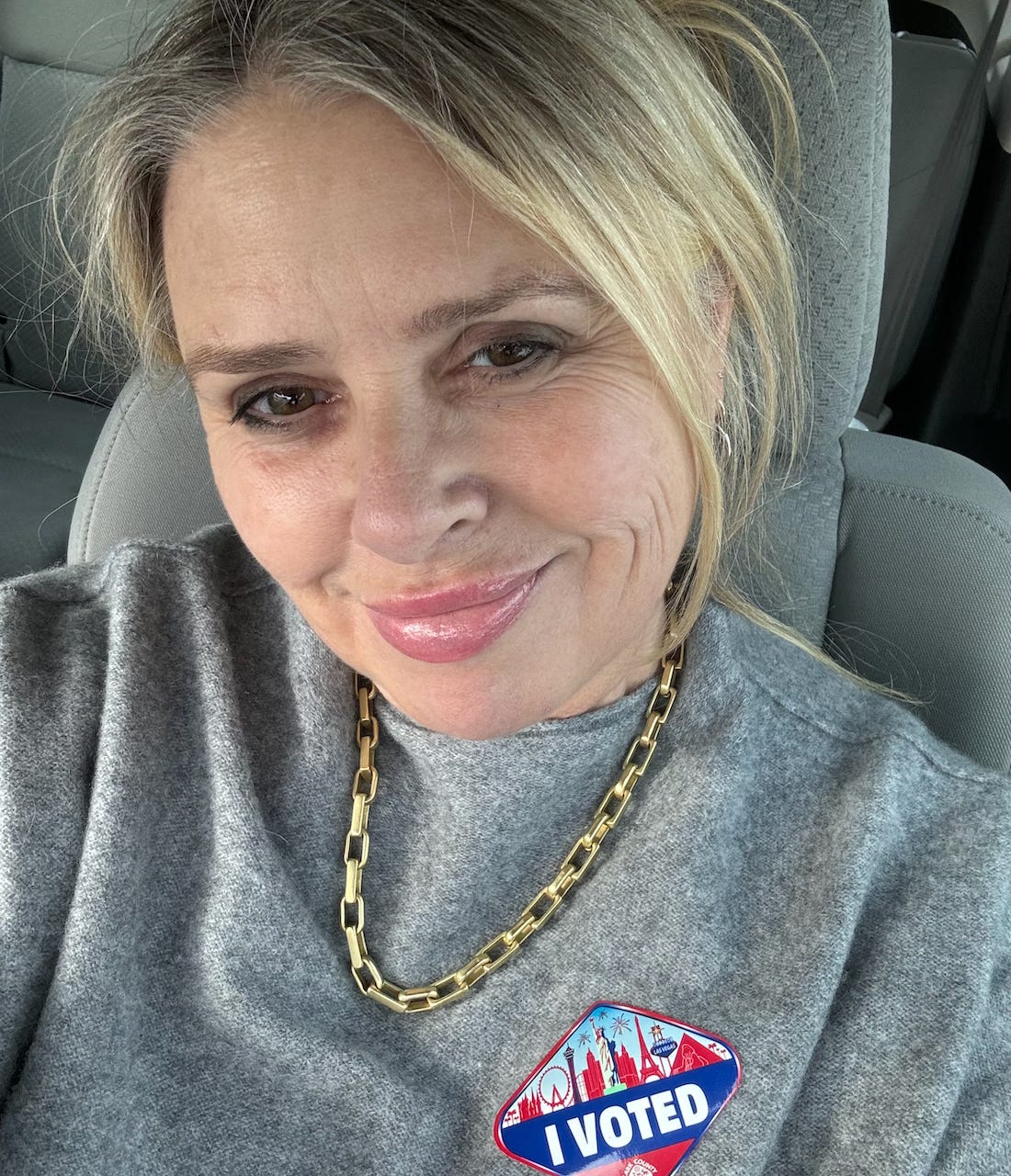Yesterday afternoon I cast my vote for president of the United States. I dropped my ballot at Seafood City on Maryland Parkway, an early voting location staffed with the most friendly, kind election volunteers I’ve ever met. (“Would you like two stickers?” one woman asked me when I proudly slapped mine on.) Bonus, I got to breeze through the market to look at the treats, marshaling all of my willpower to resist the lumpia, one of the most delicious things on the planet.
This weekend I also watched “Join or Die,” the 2023 documentary about social scientist Robert Putnam’s theory that community-building and democracy-building go hand-in-hand. The doc explores the origins of Putnam’s thesis for his 500-page book, Bowling Alone, which is this: social networks of all kinds—from churches, temples, and mosques, to the PTA, to neighborhood networks, to bowling leagues—embody and create meaning. We learn through them, connect through them, build safety, security, and a sense of self in them. In other words, clubs aren’t only useful to compete in archery, learn to quilt, or appreciate wine. They also teach us the metaskills of how to organize, govern, work, and play together.
Putnam, who is now in his 80s, spent five years researching the decline of civic and social engagement to answer a fundamental question: what makes democracy work?
“The answer,” he said, “is social capital.”
Putnam published Bowling Alone in 2000. At that time, he was like, “Ok. Ok. Community engagement and social capital began to wane in the 1960s—thanks to the television set—and today it’s been reduced by half. (Half!) But the good news is we can change this.”
Hmm. Here we are, 24 years later.
“America’s democracy is only as strong as what the people are willing to give to it.”
If you feel yourself resisting these ideas, or mentally defending TV, or smartphones, both of which can be great, etc., etc., I understand. From my own experience, there are many factors keep us from becoming full-fledged joiners, including the belief that we wouldn’t be accepted, or that we wouldn’t want to belong to a club that would have us. Or, little knowledge of how much gathering and joining matter.
All of these reasons have factored into my own experience.
Since 1990, Tucson has had an annual tradition called the All Souls Procession, which commemorates the passing of loved ones in the tradition of Mexico’s Día de los Muertos. More than 200,000 artists, musicians, acrobats and performers, tourists, and locals gather downtown to walk in the two-mile procession. Dressed in costumes and carrying homemade altars, they honor parents, siblings, kitties, spouses, pups—anyone, or anything, they may have lost.
In 2010, I participated with a group of friends and young people honoring the lives of transgender youth who had died by violence. I dressed in a purple button-down and a yellow tie (I have no idea where that tie came from) and wove marigolds into my hair. We painted our faces like sugar skulls. We carried kites that some of the youth had made in workshops designed and led by my friend TC.


The procession’s route passes near to where I lived downtown, so at some point during that night, as everyone watched the ceremonial burning of the urn and danced, I peeled away and headed home to fall asleep to the rhythm of the pulsating crowd.
I think that was the last year I participated in the procession, too. The spectacle of it began to seem gauche in the face of more private losses, but I don’t know. Maybe I was simply angry that it became personal, and I’d convinced myself that it was more important to honor how I felt over a good dose of vitamin community.
Putnam is an optimist. I appreciate this. His call to action is that we become joiners and gatherers—that we find our power through organizing. And, if we do this, he believes we could write history.




